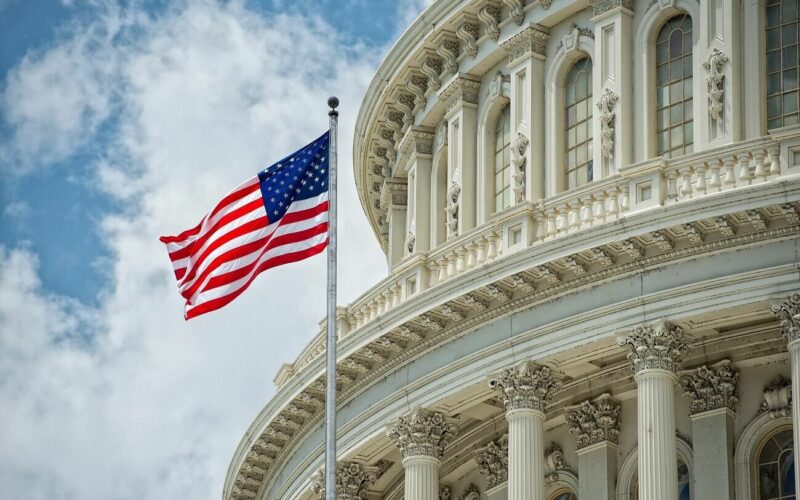The director of the Consumer Financial Protection Bureau (CFPB), Rohit Chopra, recently announced that the agency is exploring the possibility of transplanting e-banking laws to digital assets. Speaking at the Bookings payment conference on October 6, Chopra stated that the CFPB is considering applying the Electronic Fund Transfer Act (EFTA) to safeguard investors and users in the crypto ecosystem.
Chopra emphasized the importance of creating a safe space for users and suggested that implementing traditional finance measures for virtual assets could help achieve this goal. He explained, “To reduce the harms of errors, hacks, and unauthorized transfers, the CFPB is exploring providing additional guidance to market participants to answer their questions regarding the applicability of the Electronic Fund Transfer Act with respect to private digital dollars and other virtual currencies.”
The decision to explore applying the EFTA to cryptocurrency comes in response to the increasing activities of bad actors in the digital asset market. Should the EFTA be applied to crypto, virtual asset firms would be required to make certain operational changes related to disclosures and other issues. Currently, banks and other financial institutions are obligated to disclose the extent of their liability before every electronic transaction, and extending this requirement to virtual assets could help mitigate the significant losses users have experienced from unauthorized crypto transactions in recent years.
Examining the Role of Non-Banks and Ensuring Stablecoin Stability
Chopra also expressed the CFPB’s intention to examine the role of non-banks in the crypto market, particularly those that provide payment platforms. He emphasized the need for these platforms to be safe and secure, and suggested that the Treasury’s Financial Stability Oversight Council should identify certain crypto activities as systemically important. Doing so would provide parties and agencies with the necessary tools to ensure that stablecoins are truly stable.
Furthermore, in an effort to combat possible fraud, digital asset firms and issuers would be required to provide information on their use of consumer information and data before issuing private cryptocurrencies. This measure aims to enhance transparency and increase consumer protection.
The Global Landscape of Crypto Regulations
Regulations in the digital asset market have been developing worldwide to protect users. For example, the UK’s Financial Conduct Authority recently introduced new crypto advertising regulations that mandate firms to ensure their customers possess adequate knowledge and understand the risks associated with advertisements and other measures. This move has prompted some crypto exchanges and issuers to consider leaving the UK market, while others, such as Binance and OKX, have adjusted their policies and operations to align with the new rules.
In Canada, the Association of Securities Regulators has released a template for stablecoin issuers and issued guidance calling for more regulation in the market. These initiatives reflect the need for a comprehensive regulatory framework to safeguard users and promote investor confidence.
Meanwhile, the United States market is still grappling with regulatory challenges and facing numerous court cases between authorities and industry executives. As major regulations take shape in the UK, Europe, and Canada, it remains to be seen how the US will navigate the path towards regulatory clarity and ensure a secure and thriving digital asset market.
















